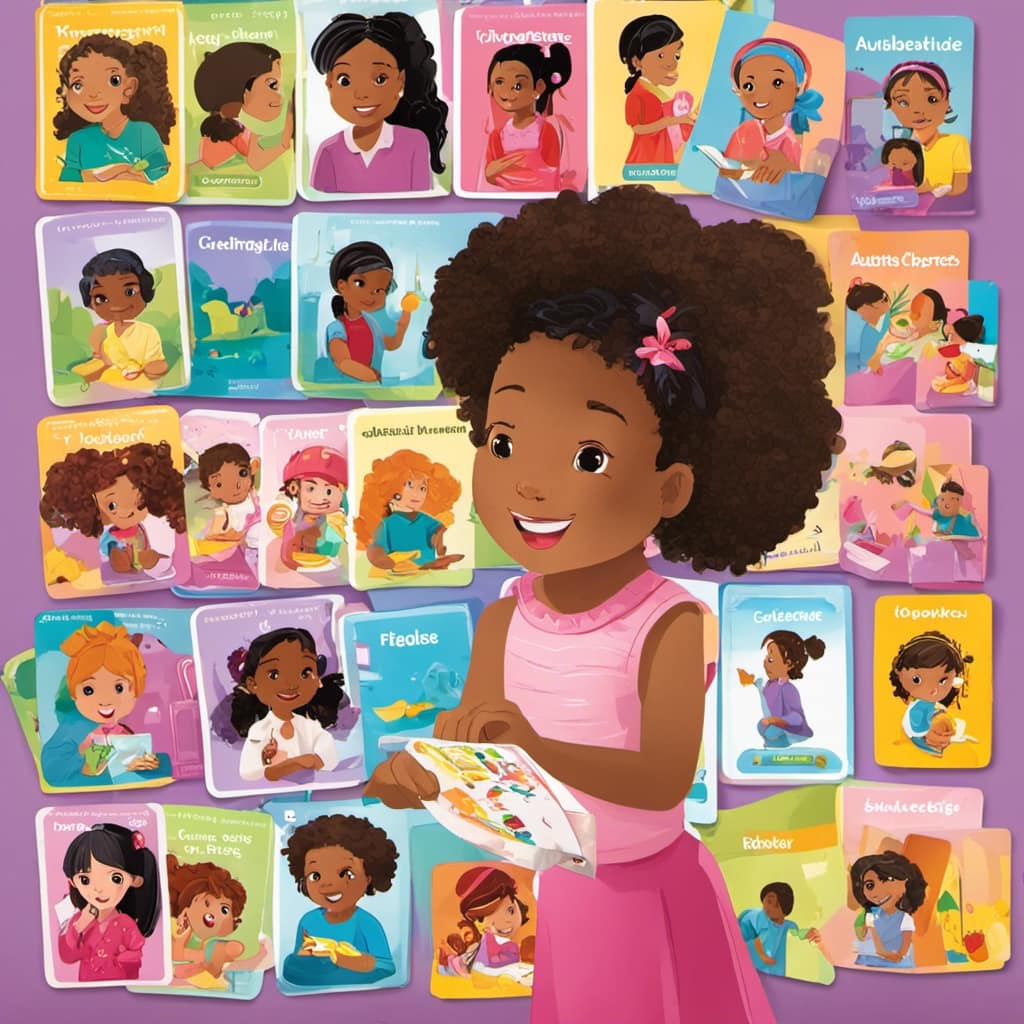For parents or caregivers, understanding a child’s temperament is crucial in fostering their overall development. The unique mix of traits and behaviors that make up a child’s temperament significantly affects their emotional, social, and cognitive growth.
By recognizing and appreciating these individual differences, we can tailor our approaches and interventions to meet their specific needs.
In this article, we will explore the significance of temperament in child development, uncovering how it influences emotional development, social skills, cognitive abilities, and behavior.
Key Takeaways
- Temperament refers to a child’s natural tendencies and behaviors, influencing their emotional, social, and behavioral responses.
- Understanding a child’s temperament helps create a supportive environment that promotes positive development.
- Genetics and the environment influence a child’s temperament.
- Each child has a unique combination of temperament traits that influence their overall personality.
The Role of Temperament in Emotional Development
I believe that understanding a child’s temperament is crucial in helping them develop emotionally.
Temperament refers to a child’s natural tendencies and behaviors, and it plays a significant role in their emotional development.
One important aspect of temperament is self-regulation, which involves managing emotions, impulses, and behaviors.

Children with better self-regulation skills tend to have higher emotional intelligence, which is the ability to recognize, understand, and manage emotions effectively.
Research has shown that children with good self-regulation are more likely to have positive social interactions, form healthy relationships, and succeed academically.
On the other hand, children with poor self-regulation may struggle with emotional difficulties and behavioral problems.
Understanding a child’s temperament and promoting self-regulation can have a positive impact on their emotional intelligence and overall well-being.
Implications of Temperament for Social Skills
Understanding the implications of temperament for social skills is essential in promoting healthy interactions and relationships. Research suggests that temperament influences a child’s ability to empathize with others and communicate effectively.
Children with a more outgoing and sociable temperament tend to exhibit higher levels of empathy and have an easier time connecting with their peers. On the other hand, children with more introverted or shy temperaments may require additional support and encouragement to develop their social skills.

Additionally, a child’s temperament can impact their communication skills. Some children may naturally be more assertive and confident in expressing their thoughts and feelings, while others may be more reserved or hesitant.
How Temperament Shapes Cognitive Abilities
Recognizing how temperament shapes cognitive abilities is crucial in supporting a child’s learning and intellectual development. Research has shown that temperament traits, such as attention span, persistence, and adaptability, have a significant impact on academic performance.
For example, children with greater attentional control and persistence tend to have better academic outcomes, as they are able to focus and sustain their effort on tasks. Additionally, temperament is closely related to executive functioning, which involves skills like working memory, cognitive flexibility, and self-control. Children with better executive functioning skills tend to have higher academic achievements.
Understanding the relationship between temperament and executive functioning can help educators and parents design interventions and strategies that support a child’s cognitive development. By considering a child’s unique temperament traits, we can create an environment that nurtures their cognitive abilities and optimizes their academic performance.
Understanding the Influence of Temperament on Behavior
Exploring how temperament shapes behavior provides valuable insights into a child’s emotional and social responses. Understanding the influence of temperament on behavior can help us better support children in developing self-regulation skills and address behavioral challenges effectively.
Here are four ways in which temperament impacts behavior:

-
Temperament and self-regulation: A child’s temperament affects their ability to regulate their emotions and behaviors. Some children may naturally have better self-regulation skills, while others may require additional support and guidance.
-
Temperament and behavioral challenges: Certain temperamental traits, such as high reactivity or low frustration tolerance, can contribute to behavioral challenges. Recognizing these traits allows us to implement strategies that address and manage these challenges effectively.
-
Temperament and social interactions: A child’s temperament influences how they interact with others. Some children may be more outgoing and adaptable, while others may be more reserved or shy. Understanding these differences can help foster positive social relationships.
-
Temperament and environmental fit: The match between a child’s temperament and their environment plays a crucial role in shaping behavior. Creating an environment that aligns with a child’s temperament can reduce stress and promote positive behavior.
Supporting Healthy Peer Relationships Through Temperament Awareness
My awareness of temperament helps me foster healthy peer relationships for children.
By understanding a child’s temperament, I can promote empathy and understanding among their peers.

For instance, if a child is naturally shy and introverted, I can encourage other children to be patient and inclusive, fostering a sense of understanding and acceptance.
Additionally, I can tailor communication strategies to meet the unique needs of each child.
By recognizing a child’s temperament traits, such as emotional reactivity or calmness, I can teach effective communication skills that promote positive interactions.
This might involve teaching conflict resolution techniques or helping children express their emotions in a healthy way.
Overall, by incorporating an awareness of temperament into my approach, I can create an environment that supports healthy peer relationships and enhances social development.
Frequently Asked Questions
How Does a Child’s Temperament Affect Their Emotional Development?
A child’s temperament can greatly impact their emotional development, influencing their social skills, cognitive abilities, learning style, behavior management, and healthy peer relationships. Understanding a child’s temperament helps promote awareness of their individual needs.

What Are Some Practical Strategies for Supporting a Child’s Social Skills Based on Their Temperament?
Some practical strategies for supporting a child’s social skills based on their temperament include tailoring interventions to their unique needs and preferences. This can involve providing opportunities for social interactions that align with their comfort levels and using their natural strengths to foster social development.
Can a Child’s Temperament Impact Their Cognitive Abilities and Learning Style?
Yes, a child’s temperament can impact their cognitive abilities and learning style. Research shows that certain temperament traits, such as persistence and adaptability, can affect problem-solving skills and information processing. Understanding these influences is crucial for effective educational strategies.
How Does Understanding a Child’s Temperament Help in Predicting and Managing Their Behavior?
Understanding a child’s temperament helps me predict and manage their behavior. By recognizing their natural tendencies and behavioral patterns, I can tailor my approaches to meet their individual needs, reducing potential challenges and promoting positive development.
What Are Some Specific Ways That Parents and Caregivers Can Support Healthy Peer Relationships by Being Aware of a Child’s Temperament?
By understanding a child’s temperament, parents and caregivers can better support healthy peer relationships. Tailoring approaches based on temperament, encouraging social interactions, and teaching empathy can foster positive connections and enhance overall development.
Conclusion
In conclusion, understanding a child’s temperament is crucial in promoting their positive development. The interplay of genetics, environmental factors, and neurological influences shapes a child’s temperament, which in turn affects their emotional, social, cognitive, and behavioral responses.
By recognizing and understanding a child’s unique temperament traits, we can tailor approaches and interventions to meet their individual needs and enhance their overall development. This knowledge also helps in creating a supportive environment that fosters healthy peer relationships and enhances their engagement and coping abilities.

Harnessing the power of temperament awareness is key to unlocking a child’s full potential.










